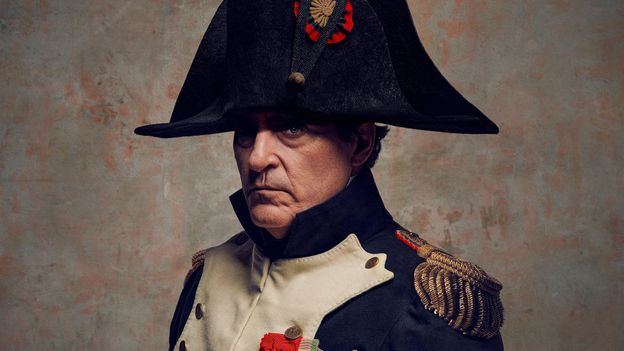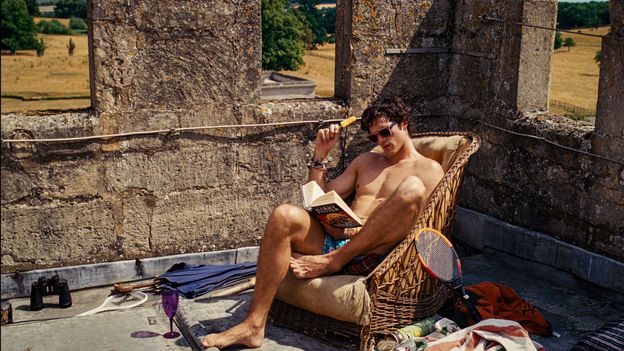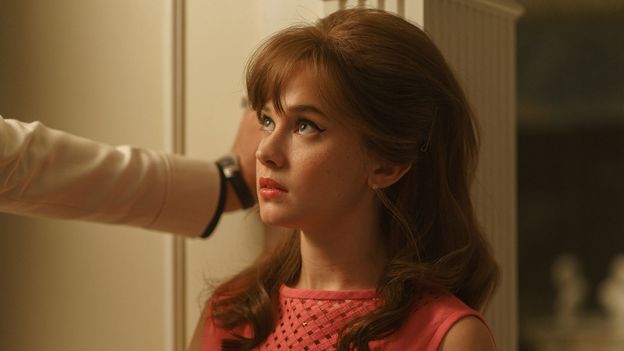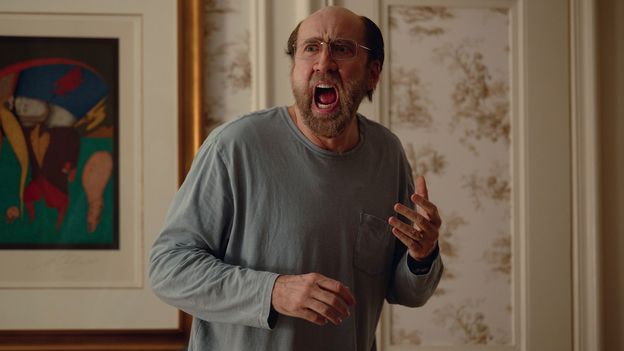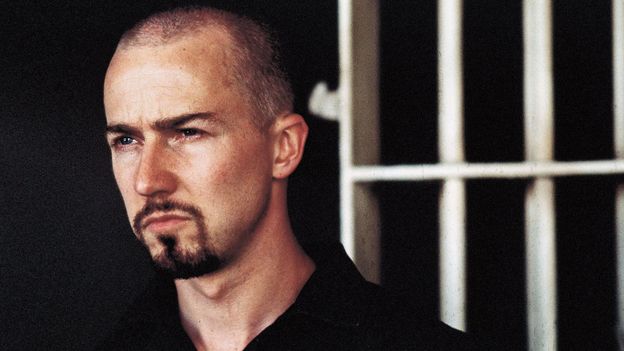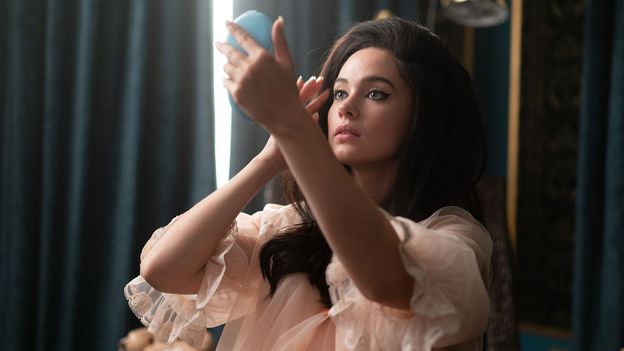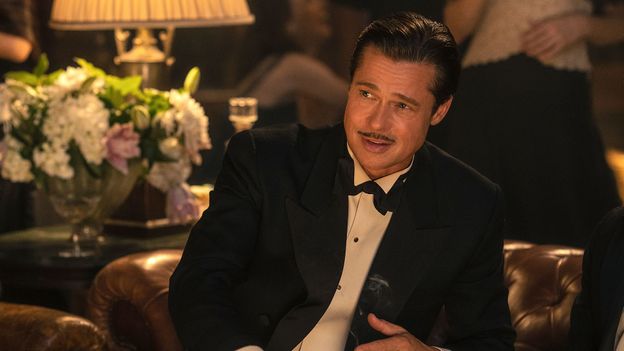Making crowd-pleasing movies is Steven Spielberg’s superpower, and sometimes his biggest flaw, pulling him toward a tear-jerking (“ET go home”) tug of sentimentality. His autobiographical The Fabelmans is definitely a crowd-pleaser. It won the Audience Award at the Toronto Film Festival, instantly vaulting it to the top of the Oscars race. But this fictional version of his childhood and adolescence is also among his most rigorous and emotionally honest films, largely avoiding self-indulgence. Infused with family warmth, but with a knowing adult eye on the loss of innocence, it is one of the year’s most genuinely heartfelt films.
More like this:
– Wakanda Forever is overshadowed by loss
– The X-rated cartoon that shocked the US
– ‘A delightful, fresh new romcom’
Spielberg is, of course, famous for stories about broken families, but this one has no adorable extra-terrestrial or UFO to drive the plot. Instead, it relies on Spielberg’s strength as a master storyteller, as we follow Sammy, the Spielberg stand-in, through his beginnings as a filmmaker and his parents’ divorce. Spielberg has revealed much of that story in interviews over the years, so it is clear that The Fabelmans is very close to reality. It begins on a snowy night in 1952 when Burt (Paul Dano), a practical-minded computer engineer, and Mitzi (Michelle Williams), the imaginative parent, take Sammy to the movies. Seeing Cecil B DeMille’s The Greatest Show on Earth, as the young Steven really did, is awe-inspiring, frightening and life-changing for the wide-eyed small boy (Mateo Zoryon Francis-DeFord). Spielberg, whose films have a technical crispness even when loaded with fantastical elements, has evidently inherited aspects of both parents.
The family – including Sammy (played as an adolescent by Gabriel LaBelle) and his three sisters – follows Burt’s job from New Jersey to Arizona to California, but Mitzi is the human dynamo driving the film. Williams captures all her energy and underlying sadness as a suburban homemaker who could have had a career as a pianist. With blonde pixie hair, lacquered red nails and Peter Pan collars – the period details are vibrant and exact – she is adored by everyone around her, yet is also the ultimate disruptor of the family. Her enthusiasm for life and her recklessness seem inseparable. She piles her children into the car and drives toward a tornado because it’s exciting, only later realising the danger they were in.
It would have been easy for her to run away with the film, but Spielberg never loses sight of the tightly knotted family dynamic. Burt is meek and quiet next to his flamboyant wife, and the role much less flashy. But Dano’s beautifully subtle performance captures Burt’s profound decency. Dano also lets us glean that as the marriage begins to crumble, Burt sees what he doesn’t want to admit even to himself.


